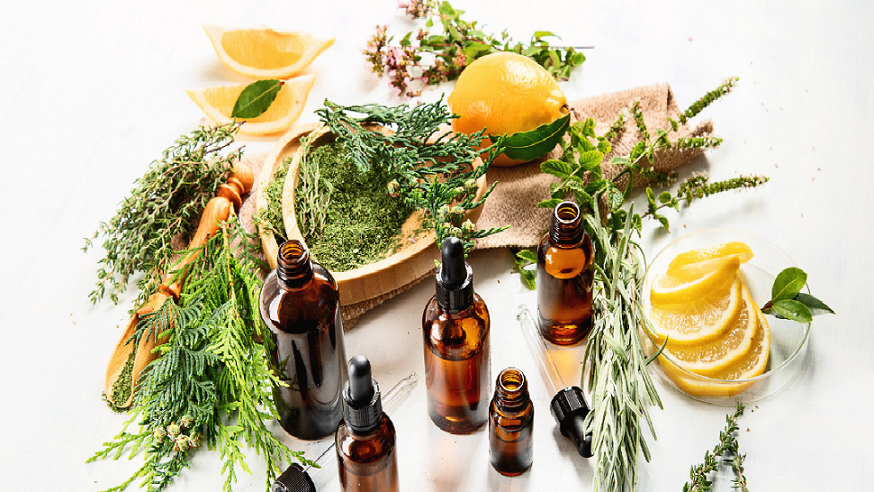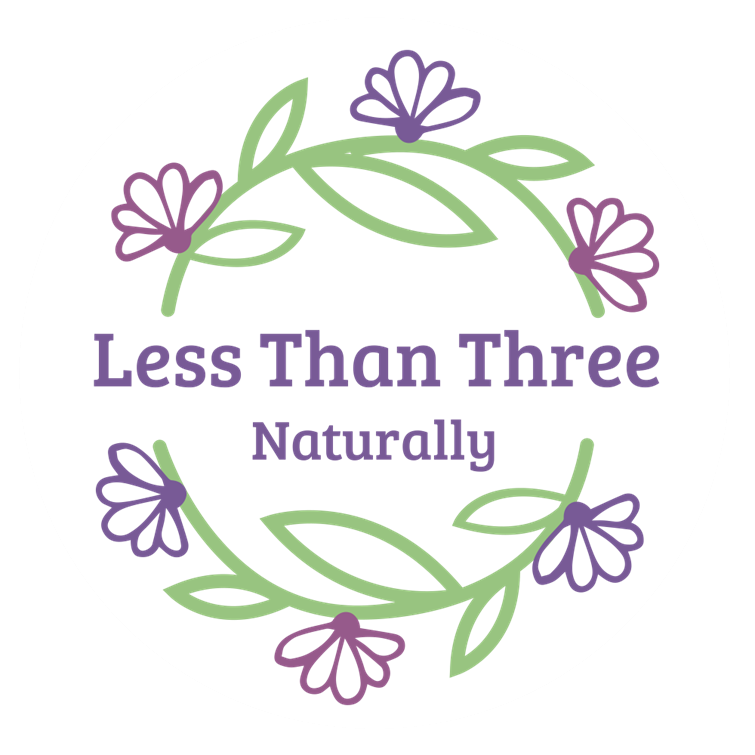
An essential oil is a concentrated hydrophobic liquid (repels water) containing volatile (easily evaporated at normal temperatures) chemical compounds from plants. Essential oils are also known as volatile oils, ethereal oils, aetheroleum, or simply as the oil of the plant from which they were extracted, such as oil of clove. An essential oil is essential in the sense that it contains the essence of the plant’s fragrance—the characteristic fragrance of the plant from which it is derived. The term “essential” in this sense does not mean indispensable.
Essential oils are generally extracted by distillation, often by using steam. Other processes include expression, solvent extraction, absolute oil extraction, resin tapping, wax embedding, and cold pressing. They are used in perfumes, cosmetics, soaps, air fresheners and other products, for flavoring food and drink, and for adding scents to incense, massage oils, household cleaning products. and aromatherapy.
Aromatherapy is a form of alternative medicine in which healing effects are ascribed to aromatic compounds. Improper use of essential oils may cause harm including allergic reactions, inflammation and skin irritation. Children and animals may be particularly susceptible to the toxic effects of improper use.
The most common essential oils such as lavender, peppermint, tea tree oil, patchouli, and eucalyptus are distilled. Raw plant material, consisting of the flowers, leaves, wood, bark, roots, seeds, or peel, is put into an alembic (distillation apparatus) over water. As the water is heated, the steam passes through the plant material, vaporizing the volatile compounds. The vapors flow through a coil, where they condense back to liquid, which is then collected in the receiving vessel.
The recondensed water is referred to as a hydrosol, hydrolat, herbal distillate, or plant water essence, which may be sold as another fragrant product. Hydrosols include rose water, lavender water, lemon balm, clary sage, and orange blossom water. The use of herbal distillates is mainly used in cosmetics.
The other common types of extraction include expression and solvent extraction.
Most citrus peel oils are expressed mechanically or cold-pressed (similar to olive oil extraction). Due to the relatively large quantities of oil in citrus peel and low cost to grow and harvest the raw materials, citrus-fruit oils are cheaper than most other essential oils. Lemon and sweet orange oils are obtained as byproducts of the citrus industry.
Before the discovery of distillation, all essential oils were extracted by pressing.
Most flowers contain too little volatile oil to undergo expression, but their chemical components are too delicate and easily denatured by the high heat used in steam distillation. Instead, a solvent such as hexane or supercritical carbon dioxide is used to extract the oils.
References:
Essential oil – Wikipedia. 2022. Essential oil – Wikipedia. [ONLINE] Available at: https://en.m.wikipedia.org/wiki/Essential_oils. [Accessed 07 August 2022].
